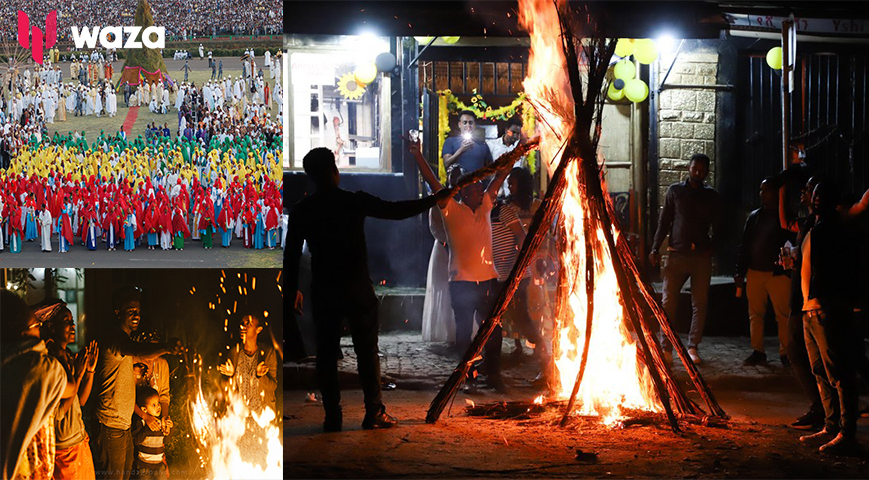Ethiopians are gearing up to usher in the new year with style. The celebrations have become more visible and active as the community has grown.
The community gathers for festivals, gifts are exchanged, and churches hold celebrations and feasts.
The first day of the year, known as "Enkutataş," marks the end of the rainy season and the start of the harvest period.
The Ethiopian calendar is approximately seven years and eight months behind the Gregorian calendar and is solar-based. Aside from its religious significance, the Federal Democratic Republic of Ethiopia uses it for all administrative purposes.

Did you read this?
Ethiopia has its time zone as well. Rather than beginning at 00:00, the Ethiopian day starts at 06:00. The day is divided into two 12-hour halves, the first beginning at 06:00 and the second beginning at 18:00.
The Ethiopian calendar is divided into 12 months of 30 days each, followed by a 13th month of 5 to 6 days. According to this calendar, the New Year is observed on either September 11th or 12th.
In his congratulations greeting, Prime Minister Abiy Ahmed emphasized the hurdles they overcame in the previous year and wished all Ethiopians pleasure in the new year.











